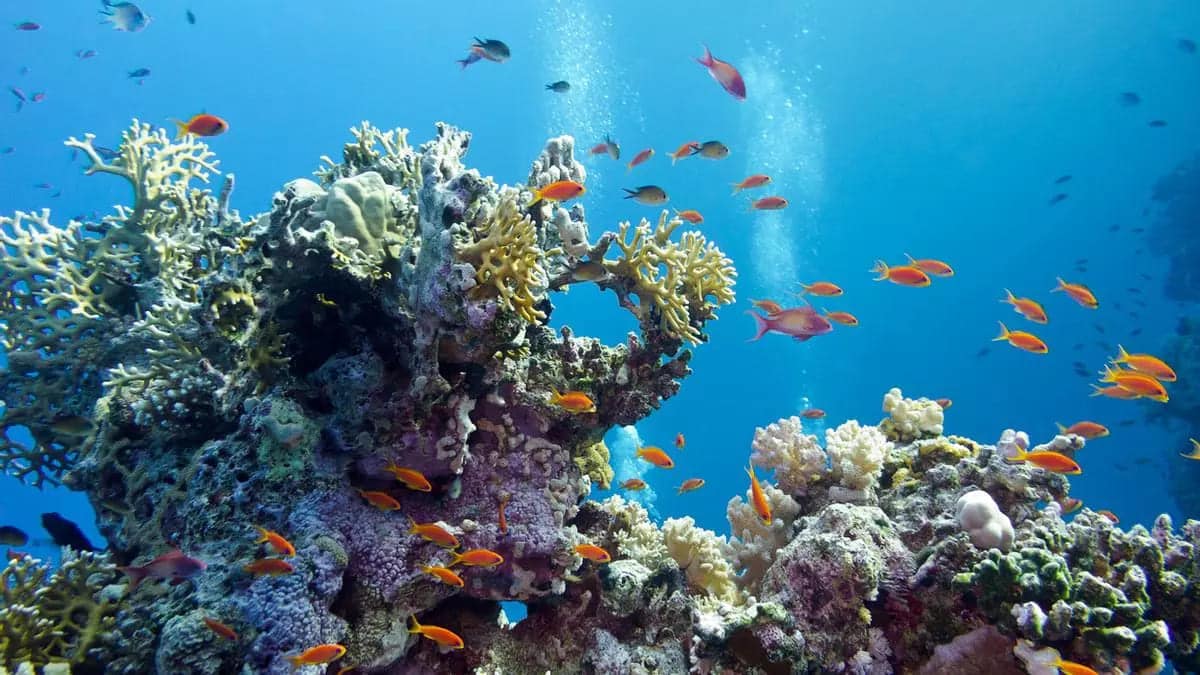Several environmental organizations see with good eyes the role that Spain is having in the commitments that it is making known in the celebration of the UN SUMMIT OF THE UN Oceans (UNOC3) that takes place throughout this week in Nice; But at the same time he claims that all those commitments and plans are really a real ambition and are not in mere words.
They refer in this way to the announcement made yesterday by the third vice president and minister for the ecological transition, Sara Aagesen, about the approval of More than 40 management plans for protected marine areas next year.
And not only that, the member of Pedro Sánchez’s Executive also said that various progress and works would be undertaken with the goal of getting 30 % of the marine surface of Spain to be protected in 2030.


Ecologists value the role of Spain in the protection of the oceans, but ask for real management plans
Ecologists positively value the statements made yesterday by the third vice president and minister for the ecological transition, Sara Aagesen, during the United Nations Conference on the Oceans (UNOC3) in Nice. The minister has announced the approval of more than 40 management plans for marine areas protected in next year, as well as advances towards the objective of reaching 30 % of the protected marine surface in 2030 and A greater international implication in Spain in marine conservation.
Also, they applaud the creation of the two new areas of special protection for birds (Zepa) in the Canary Islands, a territory of high marine biodiversity and essential for many species of threatened sea birds. This designation represents a significant advance in the conservation of strategic marine ecosystems in the islands.
However, the organization recalls that the declaration of these Zepas is just the first step. In order for their protection to be effective, it is essential that specific management plans, which define concrete conservation measures and monitoring and control actions be developed and approved.
Spain, a reference in marine designation of ocean protection, but even with pending challenges
In the last decade, Spain has gone from protecting less than 1 % of its marine surface in 2013 to about 21 % in 2024, thanks to the joint work of different administrations, sectors and NGO LIFE IP INTEMARES.
This progress is celebrated, which puts Spain in a position to exceed 25 % in 2025 and reach 30 % in 2030, thus complying with international objectives. In particular, the recent designation of the Marine Zepa of the Catalan Coast is highlighted.
Despite the progress in designation, the absence of management plans remains one of the great deficits of marine conservation in Spain. Aagesen’s announcement is a fundamental step, but from these entities it is underlined that these plans must be ambitious in their conservation objectives, participatory, incorporating all sectors involved, efficient in their governance and execution; and must be accompanied by rigorous financing, monitoring and evaluation.
One of the great challenges remains 10 % strict protection in 2030, a goal still distant and without significant advances in the state level. In addition, although the Life Inmare project has initiated participatory governance processes, environmentalists warn that administrative and coordination obstacles that must be resolved to achieve effective management persist.
They also positively value the attention that the Government is giving to the international dimension, with their support for the overall global treaty and their participation in agreements such as OSPAR (North Atlantic) and the Barcelona Convention (Mediterranean). However, they urge to expand the action to other regions of the planet where Spain has fishing and economic interests, also promoting conservation measures, including the creation of new protected marine areas and its effective management.
Other commitments held in ocean protection
Finally, they host with satisfaction the support of Spain to the international moratorium on underwater mining, and its adhesion to initiatives to reduce contamination by plastics in the sea. However, They demand greater ambition to stop other forms of marine pollution, such as pfas, heavy metals, hydrocarbons or underwater noise.

